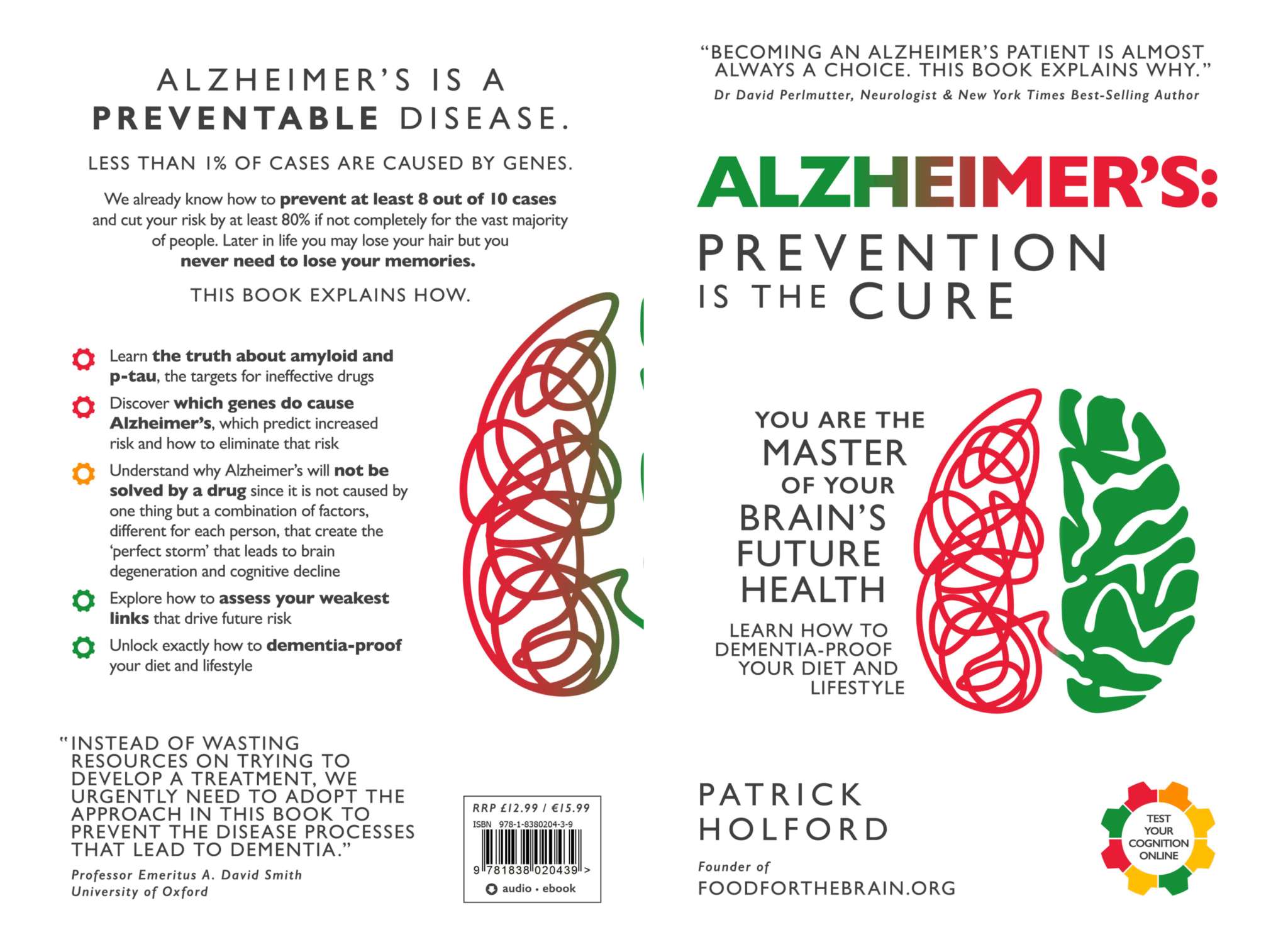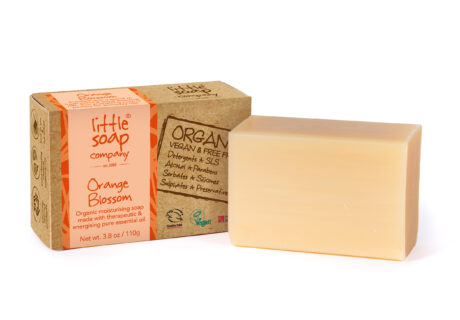New research is showing that simple, science backed steps could cut Alzheimer’s risk by over 80%.
The results have been calculated by the Alzheimer’s Prevention Expert Group, a voluntary group of international scientists, all experts in an aspect relating to the prevention of cognitive decline. They suggest that your future risk could be cut to less than a quarter just by tackling four quick wins – more vitamin D, omega-3, B vitamins, and less sugar.
A study in the Netherlands last year found that those having low blood levels of vitamin D, omega-3 (found in oily fish), and B vitamins had more than four times the risk of developing dementia. The fourth quick win is cutting back on sugar and sugary drinks. A study just published this month in the Neurology journal involving 2 million people shows that those with sugar problems (metabolic syndrome) are 24% more likely to develop dementia early. Diabetics have double the risk of cognitive decline.
Patrick Holford, Chair of the Alzheimer’s Prevention Expert Group and founder of the charity Food for the Brain is launching a new book on the subject, suggesting that Alzheimer’s is largely the result of lifestyle, dietary and environmental factors.
Alzheimer’s: Prevention is the Cure argues that less than one percent of cases are due to genetics and that current drug targets, such as amyloid plaques, are neither the cause nor the solution.
“Becoming an Alzheimer’s patient is almost always a choice,” says neurologist Dr David Perlmutter, a member of the Expert Group, who adds that lifestyle, not genes, is what’s truly driving the rise in dementia.
The book is the result of a global Alzheimer’s prevention initiative launched by Food for the Brain. The project has tested the cognitive function of over 400,000 people through a free online tool, which includes a follow-up assessment of diet and lifestyle. This generates a personal Dementia Risk Index score and practical advice to reduce risk, with users encouraged to retest and track their progress over time.
Beyond nutrition, the book highlights the importance of lifestyle factors such as minimising alcohol, not smoking, regular exercise, social engagement, quality sleep, stress management and sensory health—including hearing and vision. Addressing menopause-related hormonal shifts can also be key for women, with natural HRT showing promise in reducing risk.
Despite the compelling evidence, mainstream healthcare has been slow to respond. “We’ve spent over two decades urging the health service to prioritise prevention,” says Holford. “This book is my way of giving individuals the information and tools to take charge of their brain health.”
Alzheimer’s: Prevention is the Cure , by Patrick Holford, is published 1st May 2025 and is available from Amazon and all good book shops. More information can be found here: https://foodforthebrain.org/apic/
Find out what’s driving your risk by using the free 3-minute Alzheimer’s Prevention Check on the Alzheimer’s Prevention Day website – alzheimersprevention.info
Food for the Brain also offers a four-in-one blood test from a home test kit to measure the omega-3 index, vitamin D, homocysteine (for B vitamin status) and HbA1c for sugar control. See foodforthebrain.org/drift.





